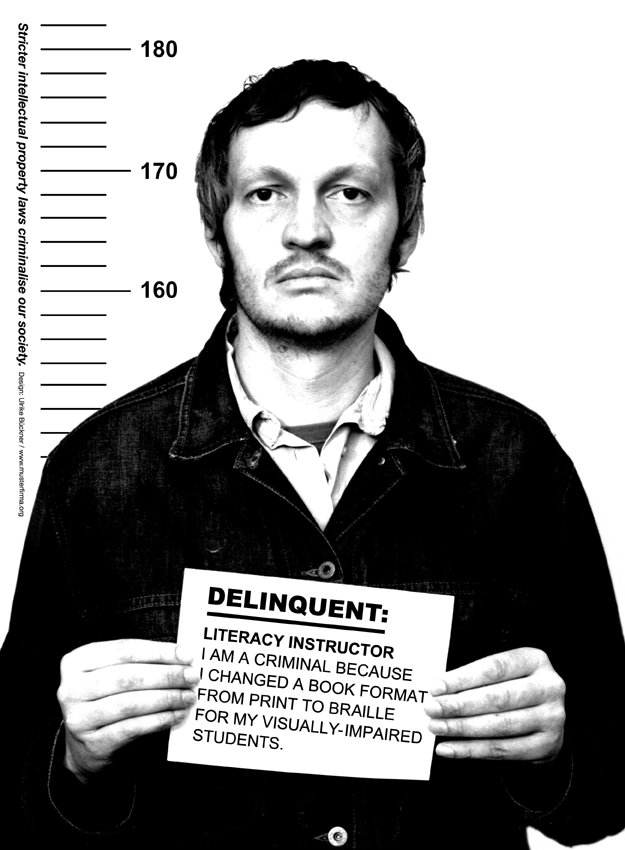
Aaron Swartz, a friend and ally of libraries and open information, was deeply committed to and passionate about internet freedom and making information and knowledge as available as possible. To those ends, he worked on many projects in his short but influential life. He was 26.
Aaron educated a large segment of the population about the dangers of PIPA and SOPA and led highly effective campaigns in opposition. As a result, he engaged millions in the political process and put Congress on notice that Internet censorship will be vigorously opposed by the voting (and soon-to-be-voting) public. In 2007, at the age of 20, he founded Open Library, an ongoing project to provide information free-of-charge on every book ever published. In 2008 he penned “Guerilla Open Access Manifesto.” Aaron helped develop RSS, “Really Simple Syndication,” which significantly changed how people get online content. He also helped develop the Creative Commons alternative to copyright, which encourages authors and publishers to share content.
Outrage is growing over the U.S. Justice Department’s heavy handed prosecution of Aaron who committed suicide last week just weeks before he was to go on trial. He had been unfairly targeted for using computers at the Massachusetts Institute of Technology to download academic articles provided by the nonprofit research service JSTOR. According to writer and activist Daniel Sieradski, “Swartz’s case raises serious questions not only about prosecutorial overreach and the overly vague nature of computer crimes legislation. It also forces us to ask how we as a society approach the issue of copyright infringement — particularly whether the weight to which we give the economic interests of copyright cartels should be greater than our obligation to educate society and improve ourselves by making scholarship openly accessible.”[1]
Watch Freedom to Connect: Aaron Swartz (1986-2013) on Victory to Save Open Internet, Fight Online Censors via Democracy Now.

